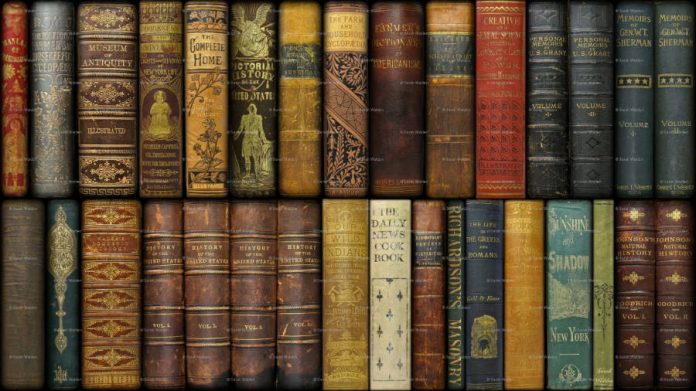
Google Books is a well-known repository and search platform where millions of books, papers, articles, and more are available. However, it could have been much more, the first universal library of our era.
Everything started with the idea of digitizing as many out-of-print books as it was humanly possible and then making them available for free by distributing to libraries that signed up for it.
Top executives at Google were also the heads of the Google Books revolution, including former CEO Larry Page.
Authors, publishers, copyright holders, competing companies, and even the Justice Department got involved. The legal brawl that started because of it ended up killing the groundbreaking idea.
Google Books was meant to be the digital version of Alexandria’s Library
https://www.youtube.com/watch?v=yossY8i8l5w
Ever since the origins of Google back in the mid-90s, Larry Page’s project revolved around the idea of scanning documents and books to make them available to anyone who was interested in them.
What would eventually become the most popular search engine in the world stood on the foundations of what was eventually going to be “a universal digital library.” That idea later became a separate engine that we now know as Google Books.
The workload was massive, the technology expensive, and the logistics precise. After striking deals to digitize the collections of Michigan, Oxford, Stanford, Harvard, and the New York Public Library, Google managed to scan 25 million books.
However, the tech giant knew copyright laws only stretch so far, which is why executives came up with the idea of using the snippets model that still stands to this day. Google Books went ahead with its initiative under the presumption that what they were doing was technically fair use.
Legal disputes stopped Google from launching the universal library
Needless to say, not everyone agreed with Google’s vision of scanning books for the greater good. Those who had conflicts of interest with the company’s project gathered under the Authors Guild and filed a class action suit against it.
The legal battle that followed was heated at first, with authors and right-holders claiming they did not authorize Google to scan their works. Having gone above them and “tricked” the libraries into letting them digitize their catalogs was considered unlawful as well.
However, it quickly became apparent that Google Books could do more good than harm, providing the opportunity to settle out-of-print copyright issues with publishers directly and giving active authors a new revenue stream through the platform.
The snippet model would stand for most books, and prices to download books via the online service would be agreed between the right-holding parties. It seemed everything was on track to reach an agreement to make everyone happy.
The Department of Justice, however, considered the agreement to be too far gone from the initial legal dispute, establishing online marketplace frameworks and commercial relationships instead of settling whether Google displaying snippets of copyrighted books was fair use or not.
The government branch acted swiftly to shift public opinion against the deal, even in spite of the promise of a universal digital library. The rest, as they say, is history.
Google ended up winning the battle in court but lost the chance to make publicly available the biggest book collection since the great library of Alexandria.
James Somers of The Atlantic:
“SOMEWHERE AT GOOGLE THERE IS A DATABASE CONTAINING 25 MILLION BOOKS, AND NOBODY IS ALLOWED TO READ THEM. THE ONLY PEOPLE WHO CAN SEE THEM ARE HALF A DOZEN ENGINEERS ON THE PROJECT.”
Source: The Atlantic










